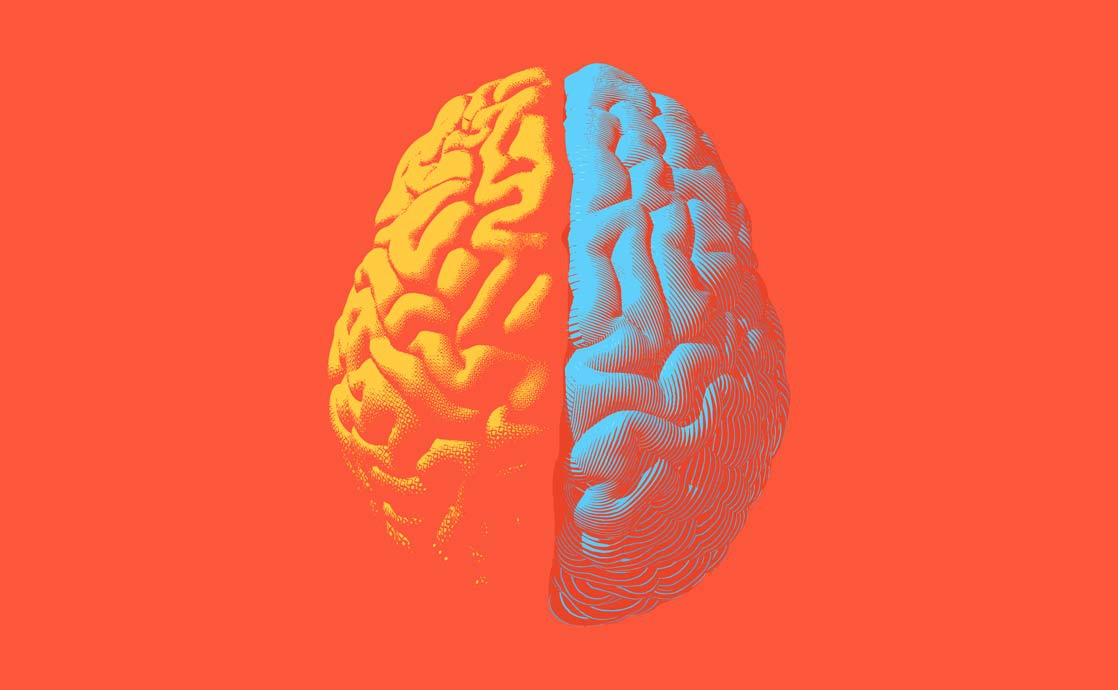The views expressed in our content reflect individual perspectives and do not represent the authoritative views of the Baha'i Faith.
…God has created in man the power of reason, whereby man is enabled to investigate reality. God has not intended man to imitate blindly his fathers and ancestors. He has endowed him with mind, or the faculty of reasoning, by the exercise of which he is to investigate and discover the truth, and that which he finds real and true he must accept. He must not be an imitator or blind follower of any soul. He must not rely implicitly upon the opinion of any man without investigation; nay, each soul must seek intelligently and independently, arriving at a real conclusion and bound only by that reality. – Abdu’l-Baha, The Promulgation of Universal Peace.
Don’t get me wrong—I wasn’t anxious or concerned about the outcome of the contest I had set up between the Baha’i theory of everything and my teacher Mr. Randolph’s logical queries. I only wanted to discover the truth, rather than try to pick a winner. Since I was still not yet officially a Baha’i, and had sincerely withheld some final commitment until I was completely certain, I decided I would be more of a gadfly or moderator and judge rather than a participant in this encounter.
If the dialogue became placid, I could trouble the waters a bit by tossing out some of the more abstruse questions I had tried to tackle myself: How does Baha’u’llah account for the apparent failure of this plan of progressive revelation to succeed? What happens to those who die without having a chance to recognize the manifestation of God? How does Baha’u’llah explain the suffering of the innocent? What will prevent the Baha’i commonwealth from being susceptible to the political ills and struggles for power that have plagued previous forms of government? If all previous religions ultimately deviated from the principles revealed by the prophet and founder of the religion, why will that same process not impede the goals of the Baha’i Faith?
Of course, to provide special ammunition for Mr. Randolph, I had questions about global politics at the ready—though I was pretty sure he would jump on these first thing: How would Baha’u’llah’s blueprint for a world commonwealth resolve the Cold War—or any hot war, for that matter? What solutions did this “Divine Physician” offer for a world commonwealth in terms of economic strategies, such as free enterprise and individual initiative? If one of the principles of the Baha’i teachings is the elimination of the extremes of poverty and wealth, how could this be accomplished without some oppressive federal power?
So after dinner the conversation began in a civil enough manner, with the first rounds quite benign. Mr. Randolph already knew the fundamental premise of the Baha’i Faith, so to start things off, Bill recounted a bit of progressive revelation and the relationship between Christ’s teachings and those of Baha’u’llah. But he had no edge to his tone, no fire, none of the tension I had expected (and secretly hoped for).
Let me explain: my brother Bill was a fierce debater. I could ask the simplest of questions, and he would bombard me with a forty-five minute discourse. “Hey Bill, I forgot the formula for the area of a circle?” The answer would not be, “Sure, John, it’s π·r².” No, Bill would first be sure I understood the importance of Euclid’s Elements as the most important math text in history, “even though it was written almost three centuries before Christ.” He would then give me the history of “π” and its progress through the years, especially as modern nerds tried to see how far they could take this “irrational” constant which represents the ratio of circumference to diameter in any given circle.
Bill still did this during my last conversations with him the day before he “passed on” to the next realm, where I feel certain he still does the same thing with the angelic hosts—and they, alas, don’t even have the excuse of having to go relieve themselves. This habit of his did not stem from a desire to demonstrate how much he knew. It came, I realized even back then, from his awareness as a teacher that simply knowing a fact means nothing if one does not understand what that fact means in relationship to the rest of reality. Otherwise you simply enable someone to parrot the knowledge someone else has acquired. True education must provide the basis for the answer—and the tools to find answers for yourself.
So how was it that now, when I needed this sort of overpowering perspective, my brother suddenly demonstrated restraint, respect and kindness with his succinct answers? Was this a trick? I knew Mr. Randolph didn’t intimidate Bill. I knew each question posed by Mr. Randolph could precipitate an hour-long discourse under ordinary circumstances, and yet the evening proceeded apace without any hint of abrasiveness or contentiousness on the part of either of these two fine people I respected.
Within less than two hours, my “great debate” on the Baha’i teachings wound down to a pleasant conversation about absolutely tangential matters of no consequence or importance to me. My two contestants had become kind, friendly, amicable. All of Mr. Randolph’s questions had been answered to his satisfaction, and, having himself no vested interest in the outcome, Mr. Randolph and Bill began to talk of other matters.
That was it? That was the great debate? I could have done as well on my own, I thought to myself. I could have answered every one of Mr. Randolph’s questions even more completely than had my big brother. Why had I bothered to arrange this confrontation, which ultimately degenerated into a “meeting of the minds” more than the fray I had anticipated?
But while I sat there off to the side watching and listening to this polite repartee, something rather significant occurred to me. I had my answer after all.
If the brightest mentor I had come to meet thus far in my education could discover no great contradictions or problems with this Baha’i theory of everything, even when pitted against the brightest mentor I had been fortunate to have outside my formal schooling, then why should I be disturbed? Shouldn’t I feel encouraged by the fact that I could have answered these questions myself? I suddenly understood that this realization should not cause me dismay—instead, the reverse should be true! I had become sufficiently well versed in the teachings of Baha’u’llah that I could attempt to explain them and defend them, even to some of the brightest minds I would encounter!
















Comments
Sign in or create an account
Continue with Googleor